Personal development: What’s the best way to learn and develop?
By getting yourself a mentor
I think a role model is a mentor – someone you see on a daily basis, and you learn from them.
Denzel Washington
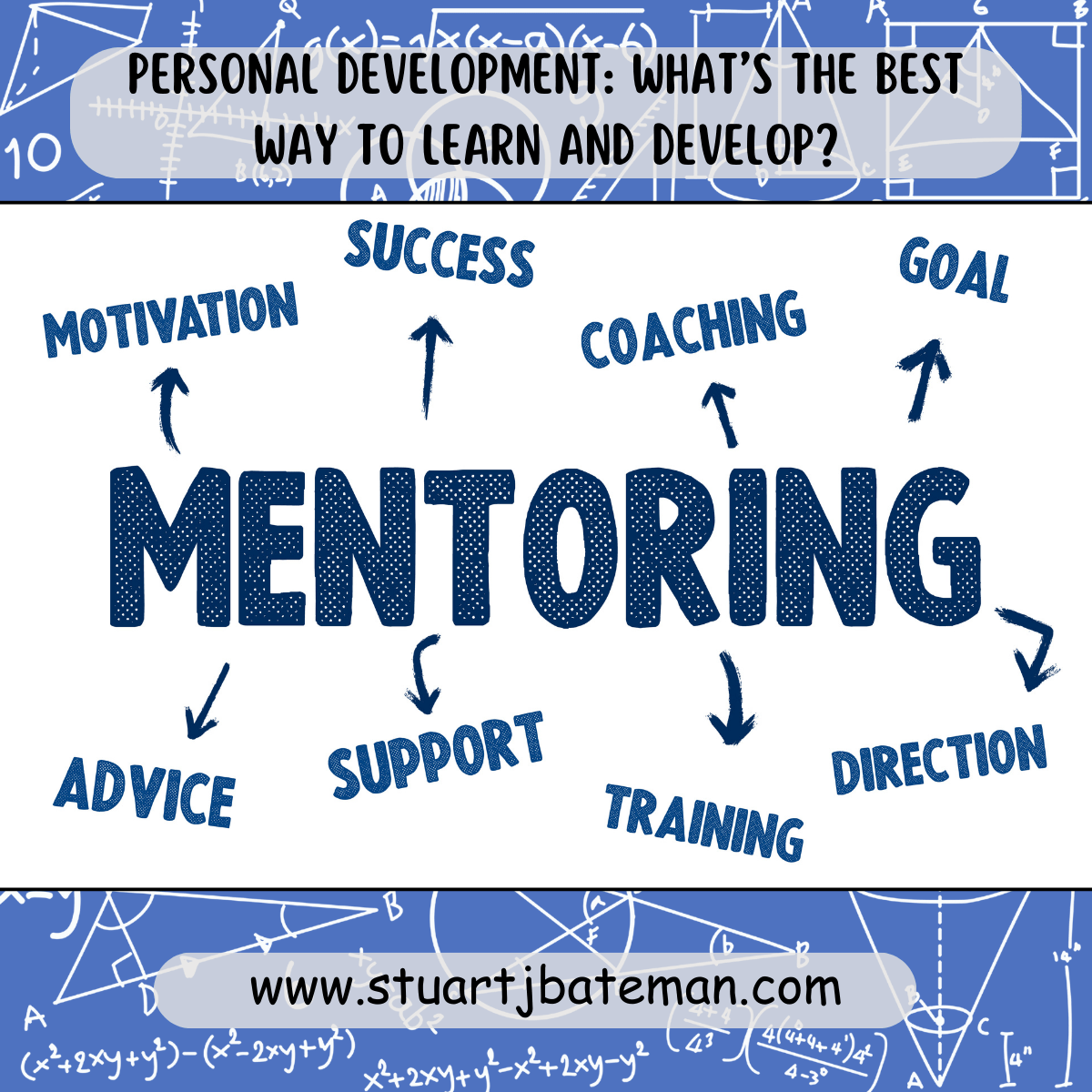
Why Mentors Are Essential
Having the best start to your career is all about who you meet and the lessons you learn, the best way that I can recommend is to find yourselves a mentor (or many mentors).
These people have experienced a lot in their careers and can help you jump several steps by teaching you how to avoid mistakes they’ve made but more importantly they can show you how things are done, this can be practical like learning to draw on a CAD system or theoretical like using methods to derive route causes to problems.
Mentors in Different Forms
Mentors come in different forms, you can try and find one at work, but if that fails it’s not the end of the world. I mentor younger engineers through a scheme that was supported by the Institution that I’m a member of, if your part of one then maybe they can help, if not you have LinkedIn, Books, Personal websites and YouTube, that’s right your mentor doesn’t have to be face to face (or alive!) you can read a book about someone you admire and learn how they think, react to situations and develop themselves.
I’ve read Steve Jobs/ Bear Grills/Richard Branson/Warren Buffet and many others, adopting ideas and methods that they have, to see what works for me which later I reform into experience to base my thoughts on.
Remember you are the sum of the environment & people who you surround yourself with, this goes for the workplace as well, so choose people that you want to become you’ll be surprised that over time you will develop by pushing yourself to be like them.
Becoming a mentor yourself
Later on, when you’re at the mid stage of your career like I am now, you can develop your leadership and managing skills by becoming a mentor as well, by taking on a mentee you’re not only passing on the skills you’ve developed but you’re also assessing them and offering advice on where to develop. Discussing with them their goals, developing an action plan, assessing their skills gaps using methods like the SWOT analysis (Strengths/Weakness/Opportunities and Threats) – not all mentors will do this but you can do this for yourself while learning.
Going back to one point I’ve made before, here if you do have a face-to-face mentor you have the chance to ask for feedback, so do it often! If you don’t have that then ask trusted colleagues or again conduct some analysis methods like SWOT and see what points are raised.
Don’t forget this feedback is a two-way street so the mentor should also be asking!
Deeper Insights on Mentorship
The quote above is a popular self-help phase that goes “You’re the sum / average of the five people you surround yourself with” I found the quote from ‘The 4-hour workweek’ by Tim Ferris & ‘Atomic Habits’ by James Clear, so I’m not too keen on this exact quote, there’s a deeper and interesting idea to be had there where our actions are driven by our thoughts and our thoughts are influenced by what we immerse ourselves in by creating an environment that encourages where we want to end up.
With developing yourself (especially at the start) that’s one goal you should be looking to do, hence why getting mentors is a good thing.
Like critical thinking mentors can challenge your thoughts to help you test them and see where gaps exist.
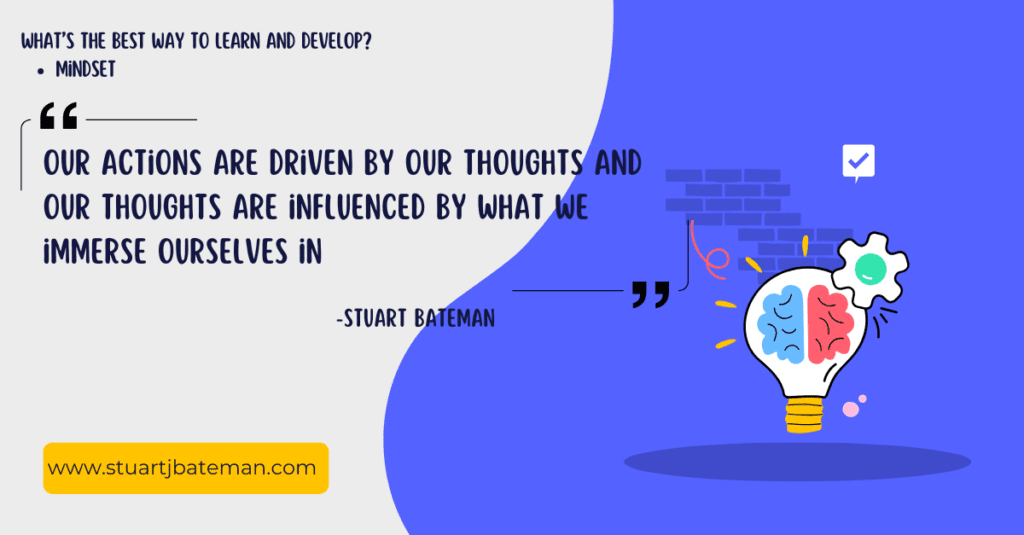
Mentorship and Apprenticeships
This is no different to Apprenticeships that have been around for 100’s of years (probably called Trades back then), if you read Walter Isaacson’s biography on Benjamin Franklin the beginning talks about how his father wanted to change trade but because this couldn’t be done in England in the 1700’s (because he didn’t complete his current trade training) he moved the family to the US.
In the book Walter highlights the role of trades and how they formed the basis of the American system thanks to Ben who served as a printer’s apprentice which served him well in life by drafting the constitution, anyhow apprenticeships are supported by the government via institutions and many learners take this route.
The difference is that you have to go and find a mentors in a workplace where with apprenticeships you have to apply and be interviewed like a job (spaces appear to be limited at the time of writing), here it’s obvious you can always find a mentor to help you from either route but if you don’t get an apprenticeship just start looking for that mentor while job hunting.
Mastery Through Mentorship
So, to round this off, with any development mastery comes with time and with a mentor (whichever option you chose) you’ll go through periods of growth – plateau – growth – plateau as described by Mastery by George Leonard. So be kind to the mentors as they are giving their time to help you even if your progress is slow (and if using the other methods don’t get annoyed if what was described didn’t work).
My Journey and Lessons Learned
Where and what have I done?
Well even thou apprenticeships were around when I was in college taking the Uni route and getting a job left me thinking that was it and my learning would come from on the job or the occasional training course, unfortunately it didn’t occur to me to take the time and control of my development to find those opportunities myself. This didn’t happen until I started my journey to IEng and I read the requirements and what IEng stood for which gave me the boost of motivation I needed to finally end up as an CEng. So, what knowledge can I pass on to you?
Don’t leave it to chance, as I said to one young inspirational engineer “Work on the one thing that will give you the best long-term prospects” – Start with the end in mind!
Mentorship is about….
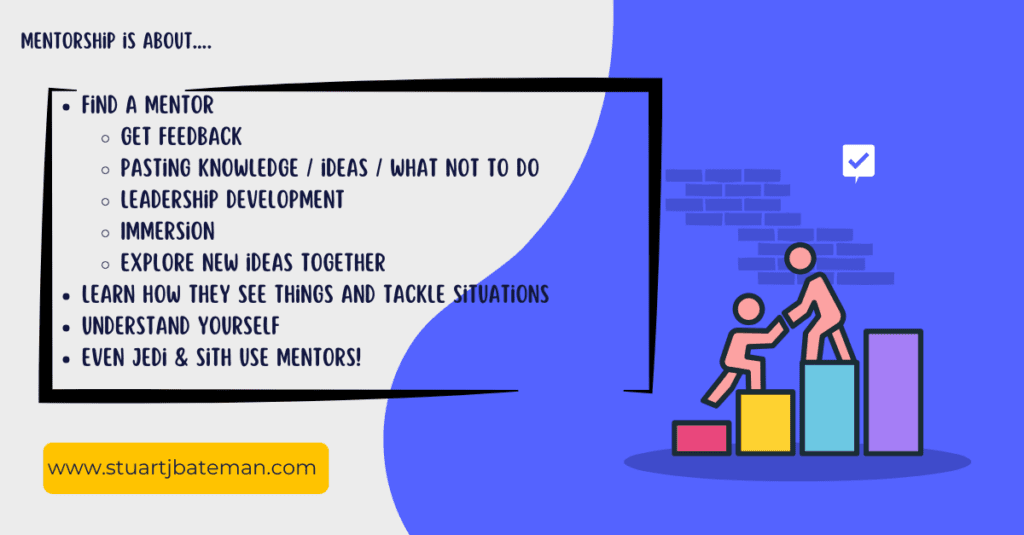

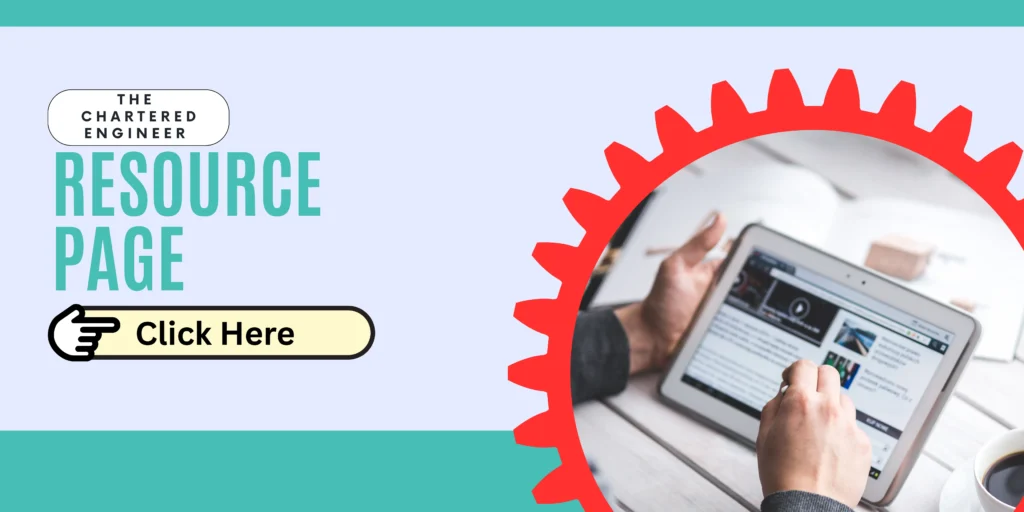
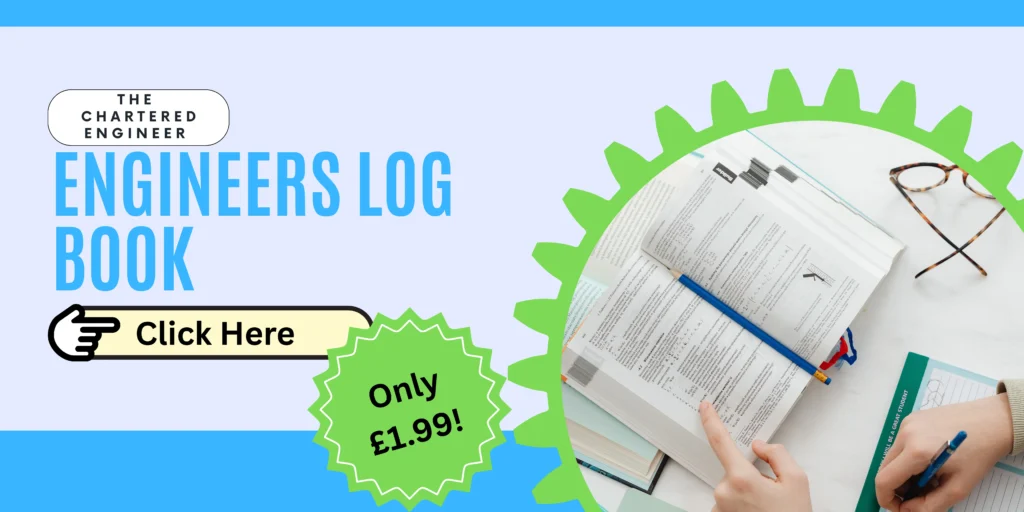
What are your thoughts? Have I covered everything or is there more you know and would like to share?
I’m always learning and improving this site and my blogs, so please feel free to get in touch with me via LinkedIn or this site to discuss any topics I have covered.
If you’re having trouble finding ways to progress check out these sites filled with free learning tools:


Discover more from The Chartered Engineer
Subscribe to get the latest posts sent to your email.